
Due to various breakthroughs in the field of genetics, we might be capable of restoring human hearing, treating deafness and various other forms of hearing impairment. Basically, genetic tests have confirmed that gene therapy can stimulate the growth of new hairs inside the cochlea. Namely, these hairs deteriorate with age, being incapable of registering sounds properly, sending them to the auditory nerve. These hair cells were irreplaceable in the past. However, now, once the gene therapy has been tested and proven successful on mice, a whole new world of modern medicine unravels.
The Deafness, the Genes
Even though the above mentioned treatment is still in its early stages, it holds great promise and may lead to a cure for deafness. Therefore, more tests need to be done, possibly leading to human trials, if the animal results remain satisfactory.
The gene involved in stimulating the growth of cochlea hairs is called Atoh1 gene. This gene was inserted into inner ears of mice embryos. The embryo was 11 days old once this procedure was performed. The gene was inserted inside the DNA and after a weak electrical current was emitted in order to allow it to pass the cell membrane.
One the implanted gene was in its place, the animal's progress was monitored and more hair cells were noticed to be present in the cochlea. Moreover, another comparison of results was carried out 35 days after the mice were born. Note that one mice carried the modified gene while the other, who did not have any improvements in cochlear hair did not.
The Results
The mice responded excellently to the therapy and had no hearing problems whatsoever. Additionally, the hairs in question were arranged perfectly in most cases. However, certain hairs did not follow the V-like formation on the cell surface. Either way, the hairs were properly connected to the nerves and sound messages were conducted and sent to the hearing nerve without problems.
All in all, after future testing and trials, the same gene might be successfully inserted into a human subject, leading to the same, remarkable results.
This kind of deafness is not the only one. There are several other environmental and physical causes behind hearing loss and deterioration. Therefore, this gene therapy is not a universal cure for deafness. So, there is still plenty of room for new discoveries and improvement of the gene therapy. However, the current results are astonishing and breathtaking as well.


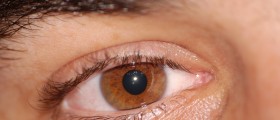
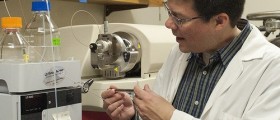




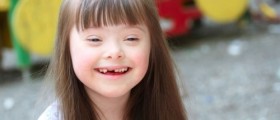

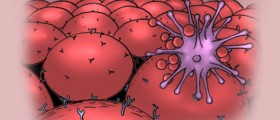



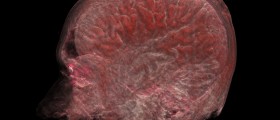

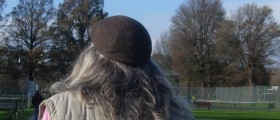
Your thoughts on this
Loading...